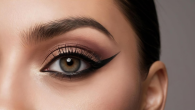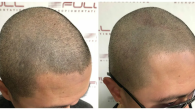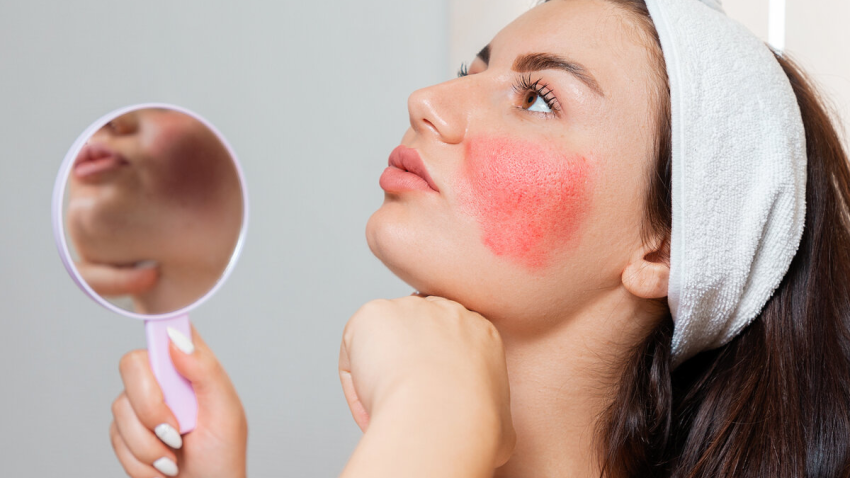
How to Avoid Facial Stinging with the Right Moisturizer Choices
If you’ve ever wondered, Why does my face sting when I put on moisturizer? you’re not alone. This uncomfortable sensation can be alarming and may dim the enjoyment of your skincare routine. Stinging can occur due to the sensitivity of your skin, the ingredients within the moisturizer, or the presence of an underlying skin condition. In this article, we examine the factors that contribute to this stinging feeling and what you can do to soothe your skin. By understanding what triggers this reaction, you can make more informed choices about your skincare products and prevent future discomfort.
Understanding Skin Sensitivity and Moisturizers
Skin sensitivity varies greatly from person to person, and what works for one individual may cause a reaction in another. Moisturizers are designed to hydrate the skin, but they come with a variety of ingredients that may not sit well with sensitive skin types. Skin sensitivity can be due to genetic factors, environmental influences, or the result of certain skin conditions. Identifying the components in moisturizers that could trigger stinging sensations is a crucial step in caring for sensitive skin.
The Science Behind Skin Irritation
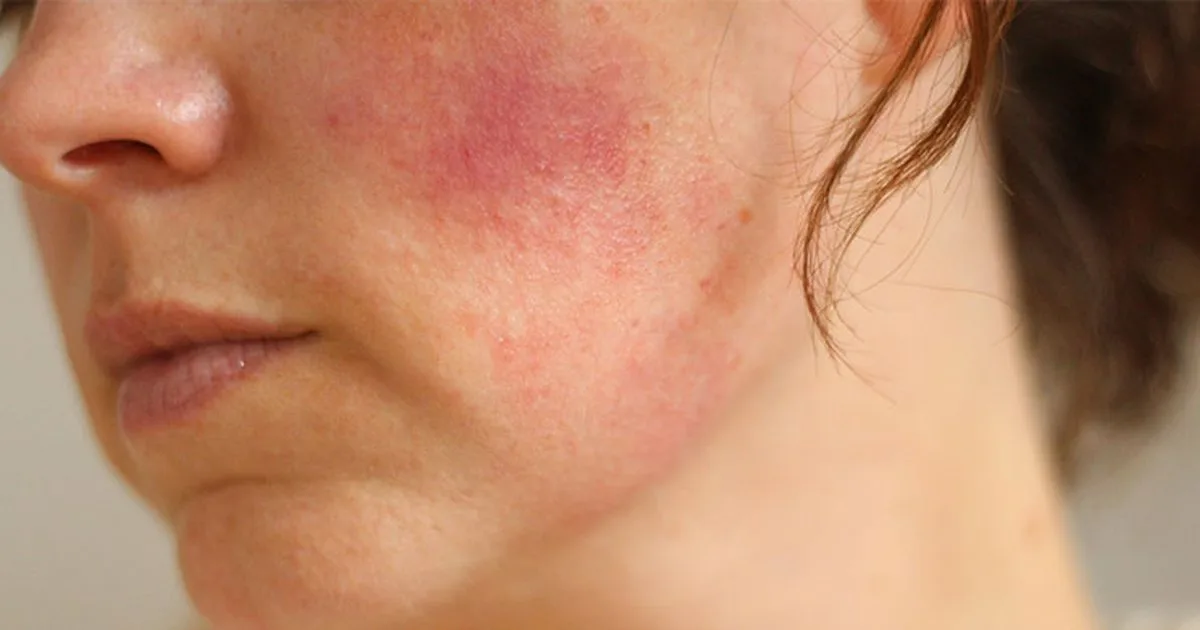
Skin irritation and stinging often stem from a disruption to the skin’s protective barrier. When the skin barrier is compromised, it becomes more vulnerable to irritants. These irritants can penetrate the skin more deeply and cause nerve endings to send signals to the brain that are interpreted as stinging or burning. Certain ingredients in moisturizers, when absorbed into the skin, may disrupt this barrier and expose these nerve endings.
Common Irritants in Moisturizers
Not all moisturizers are created equal, especially when it comes to their ingredient lists. Here are some of the most common irritants found in moisturizers that may be responsible for causing your face to sting:
- Fragrances: Often added for a pleasant scent, fragrances are a leading cause of allergic reactions and sensitivity.
- Preservatives: While necessary to prevent bacterial growth, some preservatives can irritate the skin.
- Acids: Ingredients like alpha-hydroxy acids (AHA) and beta-hydroxy acids (BHA) can sometimes lead to stinging, especially in higher concentrations.
Skin Conditions and Stinging Sensations
There are specific skin conditions that may make you more prone to experiencing stinging when using moisturizers. Conditions such as rosacea, eczema, and dermatitis compromise the skin’s barrier, making it more sensitive to external agents. In such cases, it’s essential to choose skincare products that are tailored to your specific condition.
| Skin Condition | Symptoms | Recommended Ingredients |
|---|---|---|
| Rosacea | Redness, Flushing, Bumps | Niacinamide, Glycerin |
| Eczema | Dryness, Itching, Inflammation | Colloidal Oatmeal, Hyaluronic Acid |
| Dermatitis | Swelling, Redness, Itching | Ceramides, Squalane |
The Role of Improper Application
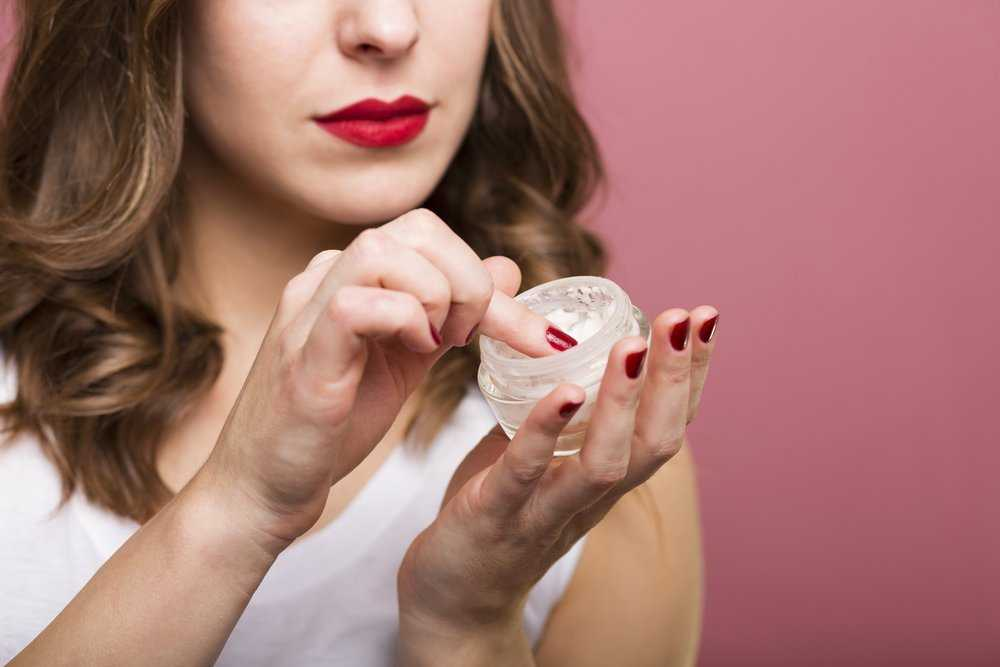
How you apply your moisturizer can also influence the occurrence of stinging. Applying too much pressure or using a rubbing motion instead of a gentle patting motion can stimulate the nerve endings in your skin and lead to a burning sensation. Moreover, applying moisturizer to damp skin, which enhances absorption, might also increase the chances of stinging if any irritating ingredients are present.
Factors That Increase Skin Sensitivity
Beyond the moisturizer itself, various external factors can increase the sensitivity of your skin. These include:
- Environmental triggers like extreme temperatures or wind.
- Exposure to pollution and UV rays.
- Lifestyle habits such as diet and stress levels.
Mindfulness of these factors, along with using the right skincare, can help in reducing stinging sensations.
How to Choose the Right Moisturizer
Choosing the right moisturizer for your skin is paramount to avoid stinging and irritation. Opt for products labeled ‘hypoallergenic’ or ‘for sensitive skin’, and do your best to identify which ingredients your skin reacts to. Here are some ingredients that are generally considered to be more skin-friendly:
Tips for Soothing Stinging Skin
Even with the best care, you may occasionally experience stinging. Here are some tips to soothe your stinging skin:
- Cool compresses can provide immediate relief for stinging sensations.
- Gentle, fragrance-free skincare products are less likely to cause discomfort.
- If an ingredient is causing the stinging, identify and remove it from your skincare routine.
When to See a Dermatologist
If your skin consistently stings when applying moisturizer and it’s accompanied by visible irritation, it’s time to see a dermatologist. They can provide a diagnosis, recommend treatments, and may prescribe a moisturizer that will work for your sensitive skin.
Conclusion
Stinging sensations when applying moisturizer can be a sign of skin sensitivity, an allergic reaction to specific ingredients, or a symptom of an underlying skin condition. Understanding the factors that contribute to this discomfort is the first step toward finding relief. Choosing the right products, applying them correctly, and taking care of your skin’s overall health can all help minimize stinging and allow for a more comfortable skincare routine.
FAQs
- Q1: Can over-moisturizing lead to stinging sensations?
- A1: Yes, over-moisturizing can lead to clogged pores, which can make the skin sensitive and may sometimes cause stinging during application.
- Q2: Are natural or organic moisturizers less likely to sting my face?
- A2: Not necessarily. Natural or organic products can still contain ingredients that cause stinging, especially if you have allergies or sensitive skin.
- Q3: How do I test a moisturizer to see if it will sting my face?
- A3: Perform a patch test by applying a small amount of the moisturizer to a discreet area of skin and wait 24-48 hours to see if there’s a reaction.
- Q4: Is it okay to continue using a moisturizer that stings my face?
- A4: If the sensation is mild and temporary, it may not be a problem. However, if the sensation persists or is accompanied by redness, swelling, or itching, discontinue use and consult a dermatologist.
- Q5: Can drinking more water reduce the stinging sensation when I apply moisturizer?
- A5: Staying well-hydrated is beneficial for overall skin health but may not directly reduce stinging sensations associated with moisturizer application. Focus on using the right products for your skin type and addressing any underlying skin conditions.






